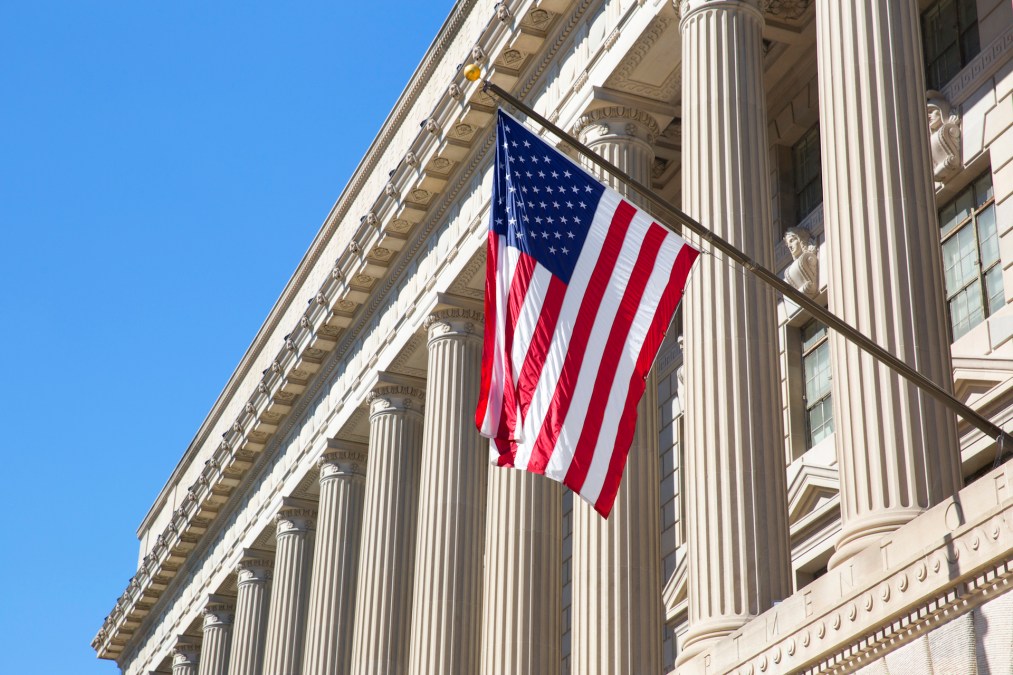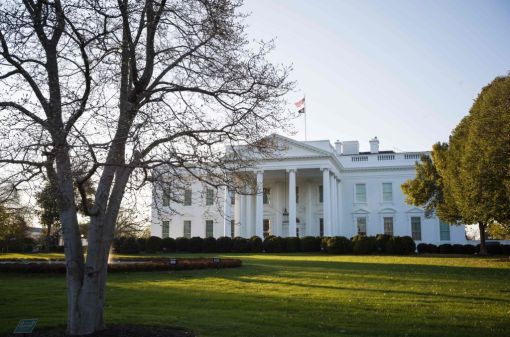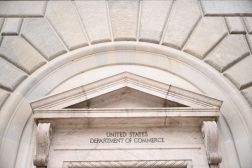Four years in the making, the Federal Data Service is finally coming

The Office of Management and Budget plans to begin development of the long-awaited Federal Data Service for improving federal data access and privacy by establishing an advisory committee before the end of March.
The fiscal 2020 budget included $7 million to support the committee split between the Department of Commerce’s two statistical agencies: $5 million going to the Census Bureau and $2 million going to the Bureau of Economic Analysis.
Both agencies continue to develop their final spend plans because the budget was put into place in late December. But the undersecretary for economic affairs issued a solicitation in November for nonfederal membership to the group that will determine how the Federal Data Service functions: the Advisory Committee on Data for Evidence Building.
“There are many areas where we want to build common tools. And understanding that from a technology perspective, a use perspective and across many different missions is real work,” Suzette Kent, federal CIO, told FedScoop. “Having a diverse group to look at that and evaluate it is going to help inform our path forward.”
The Federal Data Service’s genesis lies with former House Speaker Paul Ryan’s brainchild, the Commission on Evidence-Based Policymaking, which broadly proposed a national secure data service in Chapter 4 of its final report in 2016.
Congress responded to the report with the passage of the Foundations for Evidence-Based Policymaking Act in January 2019, while the Trump administration released its Federal Data Strategy in December.
The new service will support both the strategy and the Evidence Act, which outlines its advisory committee’s makeup of federal and nonfederal members in Section 315: an agency CIO, chief privacy officer and chief performance officer; three chief data officers, evaluation officers and Interagency Council for Statistical Policy members; and 10 state, local and nongovernmental representatives with similar expertise.
Chaired by the federal chief statistician, the committee will craft a service and pilot projects for improving access and use data, acquiring non-survey data, integrating that with survey and administrative data, and protecting privacy.
Ryan’s commission believed the Federal Data Service’s paradigm would be increasing data access and privacy simultaneously.
“These two things have often been seen as being in conflict,” said Lucas Hitt, the committee’s designated Bureau of Economic Analysis official in charge of staffing. “The challenge is to find a workable solution.”
Whether the service functions as a team or a “shared service of sorts that will be available to all agencies, as well as external researchers and data users” is up to the committee, Hitt said.
“I don’t imagine the data service will solely be a data platform service provider,” he added.
The Bureau of Economic Analysis and the Census Bureau will work together to incubate the data service, but “another hypothetical is that it’s a service provided by a collection of agencies,” Hitt said.
“Commerce was where it made sense to bring that to life,” Kent said. “The skillsets are there, but the objectives and, more importantly, how we look at participants and measure success will be part of the Federal Data Strategy.”
Once committee members are notified of their selection, likely later this month, the group will have up to two years to design the service and make its recommendations to OMB.
The Trump administration’s proposed fiscal 2021 budget includes an additional $7 million for the committee.
Informatica Chief Federal Strategist Mike Anderson works with agency CDOs to help them achieve Federal Data Strategy action items and said the previous year’s budget lacked “adequate” funding to support the Year 1 Action Plan.
“The FY 2021 president’s budget shows promise,” Anderson said. “It calls out leveraging data as a strategic asset to grow the economy, facilitate oversight and promote data transparency. It further identifies using data and evidence to promote better outcomes with the goal of overall improvement to policy, programs and regulations.”
Congress can go a step further by taking the Congressional Budget Office’s recommendation in the 2018 draft legislation that $34 million is needed over two years to support the strategy — a number that’s likely higher when itemized across agencies, Anderson added.
Hitt isn’t sure if the new service will wind up spearheading the Federal Data Strategy, given the variety of agency approaches to implementing its action items.
“For me the future data service would be one of the tools available to agencies in meeting those goals,” he said.






